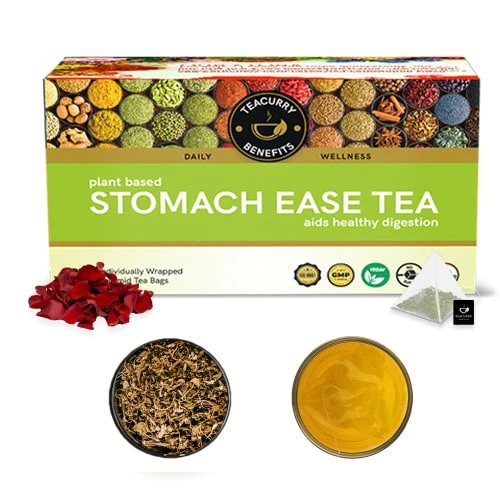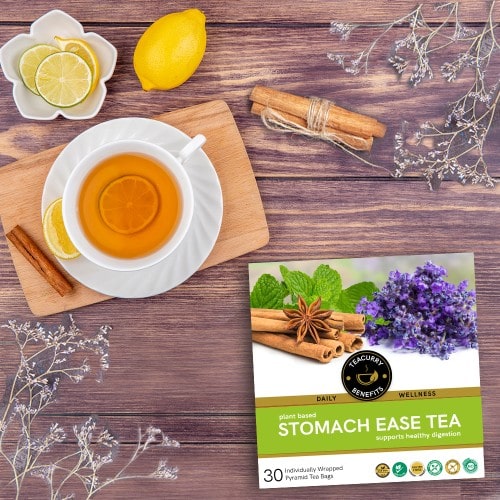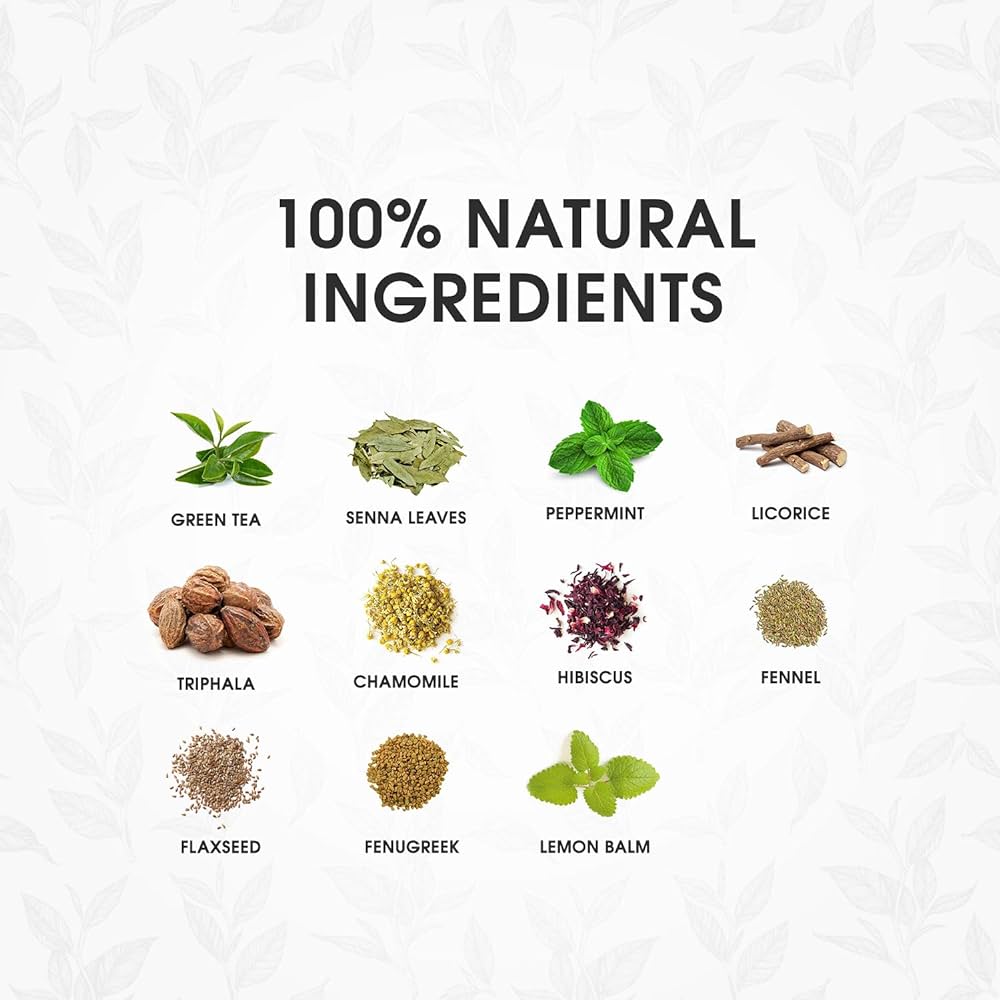Tea For Constipation-24
Tea For Constipation
A common digestive problem called constipation is characterized by irregular bowel motions or trouble passing stool. It happens when the stool passes through the digestive system too slowly, absorbing too much water and producing firm, dry stools that are challenging to pass.
Due to their possible laxative and digestive qualities, some tea varieties may help relieve constipation.

The following Tea For Constipation are thought to be helpful for constipation:
- Tea with peppermint leaves: Peppermint tea has a calming impact on the digestive system and may aid in gastrointestinal tract muscle relaxation.
- Ginger Tea: Ginger has digestive and anti-inflammatory benefits. Drinking ginger tea could aid with constipation relief and digestion stimulation.
- Dandelion Tea: It is said that dandelion tea can aid in better digestion and has some little laxative properties.
- Senna Tea: Traditionally used as a natural laxative, senna helps ease constipation. But, since extended use might cause dependence, it’s important to utilise it carefully and not to consume it frequently.
- Fennel Tea: Traditionally, fennel has been used to treat digestive problems, such as constipation. It might aid in calming the muscles of the digestive system.
- Tea made from chamomile: Chamomile tea provides muscle-relaxing and anti-inflammatory qualities that may help ease constipation.

Follow Our Digiknowledge.co.in Page for Latest update about Bikes, Cars, Sports, , Life style and many more.
What are the factors that contribute to constipation?
Constipation can result from a number of factors, including:
- Inadequate Fibre Consumption: Constipation may result from an inadequate fibre diet. Poop that contains fibre has higher volume and passes more smoothly through the digestive system.
- Dehydration: Hard, dry stools might be a result of inadequate fluid consumption, which makes them harder to pass.
- Insufficient Exercise: Engaging in regular exercise encourages the passage of stool. Constipation may result from a sedentary lifestyle.
- Putting Off the Natural Need to Go to the Bathroom: Putting off the impulse to go to the bathroom might cause problems for regular bowel movements and lead to constipation.
- Some Medication: Constipation is a side effect of several drugs, including antacids, antidepressants, and some pain relievers.

How to avoid constipation?
Take into consideration the following advice to prevent constipation:
- Boost Fibre Intake: Increase your intake of whole grains, fruits, vegetables, legumes, nuts, and other foods high in fibre.
- Keep Hydrated: To keep stools soft and easy to pass, drink enough water throughout the day.
- Frequent Exercise: To promote bowel motions and preserve general digestive health, partake in regular physical activity.
- Create Consistent Bathroom Routines: Recognise when your body naturally needs to go to the bathroom and act on it.
- Eat Less Processed meals: Low-fiber and processed meals might aggravate constipation. Concentrate on eating a diet high in complete, unprocessed foods.
- Avoid Excessive Dairy: Consuming too much dairy products can cause constipation in certain people. Check your intake and make any necessary adjustments.
- Limit Alcohol and Caffeine: Drink alcohol and caffeine in moderation as they can both cause dehydration.
- Seeking medical advice from an expert might help determine any underlying illnesses or reasons if constipation continues or becomes a chronic problem.
In addition to recommending suitable therapies or lifestyle adjustments, they can offer tailored advise.
Is iced tea good for constipation?
Black tea can have a slight laxative impact that helps avoid constipation, according to Healthline, whether it is heated or cooled.
What hot drinks are good for constipation?
Constipation may be avoid by hot drinks. In addition to stimulating the bowels, coffee and the liquid’s warmth can expedite digestion.
Is tea with milk good for digestion?
Bloating is a real side effect of consuming excessive amounts of milk tea. Tea includes caffeine, which can cause bloating in the stomach.
Can you drink tea on an empty stomach?
On an empty stomach, consuming tea or any other caffeinated beverage first thing in the morning might cause increased acidity and pain in the digestive system.




